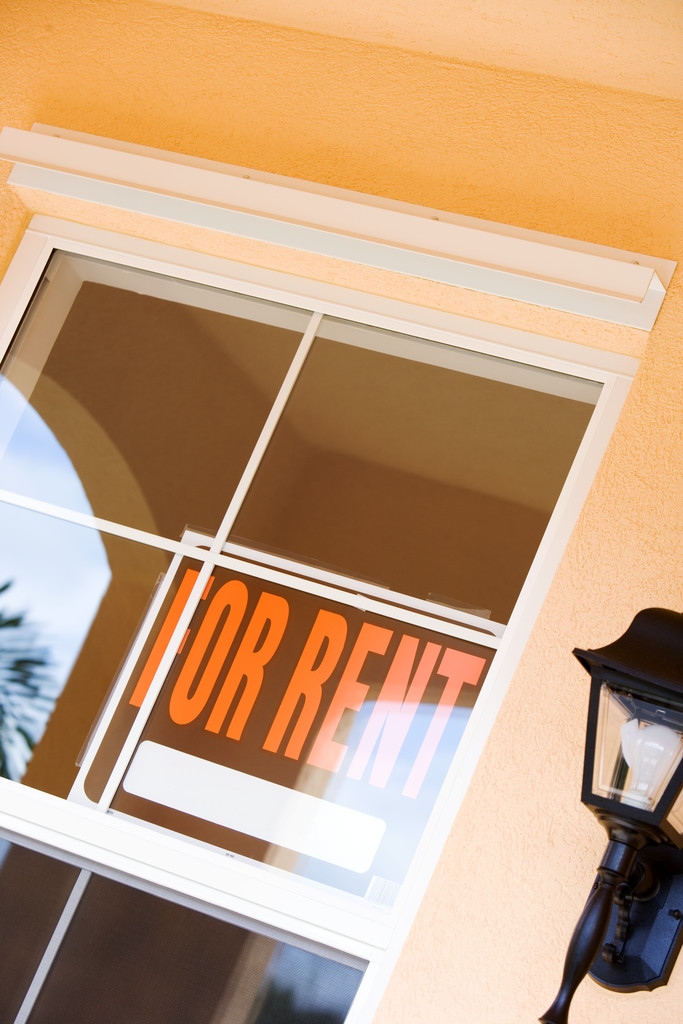By: Eveline Brownstein (c)
A recent online article by CNN Money lists their pick for the 10 best cities to buy a rental income property. As I read through the list I was astounded by the cities listed. I, personally, would not even consider purchasing rental income properties in most of the listed cities. I wondered if I was alone in my very strong reaction to the article, so I read the comments and found myself agreeing with the many who had taken the time to comment. I believe that the cities listed pose glaring risks for me.
Reconsidering what I said in an earlier article about what is possibly the single most important driving factor for my own purchases of rental income property , I stated: “Buy in neighborhoods where there are opportunities for jobs.” Astoundingly, CNN Money lists several cities with rampant unemployment and few near-term job growth prospects for those who are unemployed. In the article, CNN Money also shows the projected home price for 2014, and in most of the areas listed there is also an expected projected further decline in property values.
, I stated: “Buy in neighborhoods where there are opportunities for jobs.” Astoundingly, CNN Money lists several cities with rampant unemployment and few near-term job growth prospects for those who are unemployed. In the article, CNN Money also shows the projected home price for 2014, and in most of the areas listed there is also an expected projected further decline in property values.
I want the properties I buy to increase in value, over time. I want my rentals to rise with inflation. I want people to have the ability to rent my homes. I want renters to choose my homes because of the neighborhoods in which they are located. The availability of jobs is more likely to drive people to move into an area; whereas the lack of jobs is likely to drive people to move out in droves. Growth areas, even if the growth is positive but small, yet constantly rising, are preferable to me than depressed areas that are stagnating or on the decline. Though properties in declining areas are attractive for their lower prices, they are unattractive to me for a host of other reasons besides that the rents are generally lower too.
And what does it mean for a landlord or a property manager who is hired to manage properties in distressed areas?
1. Difficulty collecting rents. Sometimes. It has been my experience that even tenants with less than stellar credit pay their rent first. Most people desperately desire a roof over their heads and do not want to be homeless. Despite a tenant being very motivated to pay the rent, rents are more likely to be late or partial when the tenant falls on hard times. A tenant who pays the rent, even if it is received a few days or even a week late is often preferable to a vacant house in a depressed area. Sometimes, this leads to tenants availing themselves of the opportunity to stay just inside the law, which can be an administrative headache for a landlord or manager. Owners would prefer occupied properties without vacancies of any time at all and a paying (even late paying) tenant is usually better than even a single month’s vacancy. This can lead to some extended hand holding of a tenant and a lot of frustration for the property manager.
2. Difficulty attracting good tenants to the area. Depressed areas are more likely to have longer vacancies and extended vacant homes pending foreclosure. Many banks who own vacant foreclosed properties, fail to maintain them as a result of the additional costs involved and they are often easy to spot in a neighborhood by the fact that the lawn has not been mowed in a while, the trash has not been removed, exterior repairs have not been made, etc. For managers who are managing in a depressed area, showing people an available rental home becomes challenging. Even if the home itself is impeccable, if the properties around it are unattractive, good tenants will simply not want to move there. In areas where unemployment is rising and there are continued job losses, tenants may struggle to pay rents.
3. Difficulty collecting sufficient rent to cover the property expenses. With depressed areas usually come reduced rents, at least for the near term while things begin to stabilize, even if they stabilize at the bottom of a downtrend. This can sometimes mean that the amount of rent a property manager is able to collect may be lower than what is needed for upkeep and repairs to the rental property and to cover other expenses, such as insurance (please tell me you insure your rental income properties), taxes and utilities. This will mean an out of pocket expense for the owner. Managers who are working diligently to meet their owners’ needs may find themselves caught between the frustration of the owner and a general market rent that is unsatisfying to the owner’s investment goals.
Professional and experienced property managers are able to overcome the obstacles presented by managing properties in distressed areas and are honest and forthright with their property owner clients when explaining the challenges and setting realistic expectations for what is is possible to collect in rents. Great property managers also remember that economic circumstances beyond their control can make for stressed tenants and stressed owners, both of whom may need their sound advice with respect to what is possible, over what might be unrealistically expected.
